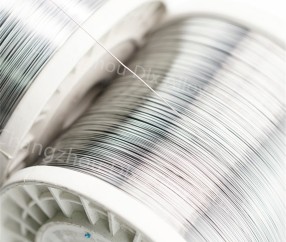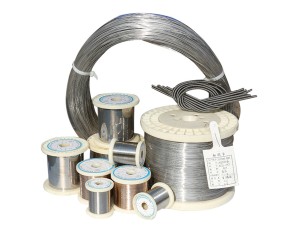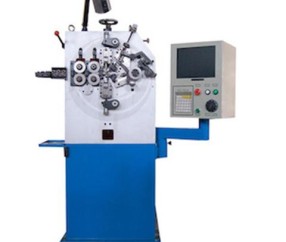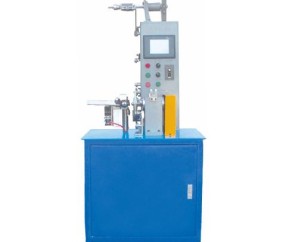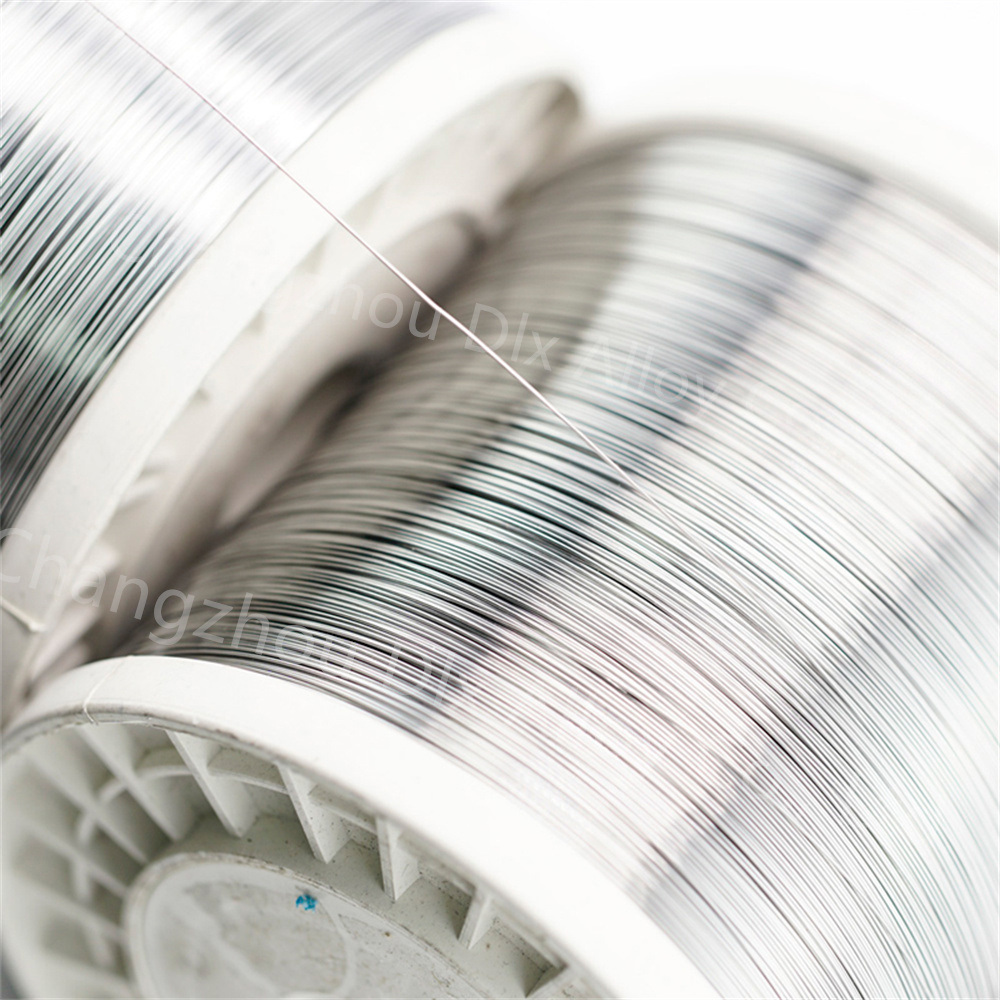
The History of FeCrAl Wire – From Invention to Global Application
- Product Details
Of course! Here's a well-organized and professional article introducing the history of FeCrAl wire, including its invention and how it spread to China — suitable for your website, catalog, or technical material:
The History of FeCrAl Wire – From Invention to Global Application
Introduction:
FeCrAl wire — an alloy of Iron (Fe), Chromium (Cr), and Aluminum (Al) — is one of the most important materials for manufacturing high-temperature heating elements.
Its development revolutionized many industries, including electrical heating, metallurgy, and ceramics.
📜 Early Invention and Development
Early 20th Century (Sweden):
The FeCrAl alloy was first developed in Sweden in the early 1900s.
Around 1920, engineers were seeking alternatives to the then-dominant Nichrome (Nickel-Chromium) alloys for heating applications.
FeCrAl was designed to withstand higher temperatures and provide better oxidation resistance at a lower cost (since iron and chromium were cheaper than nickel).Key Innovation:
The addition of Aluminum was critical — it allowed the alloy to form a dense, stable aluminum oxide (Al₂O₃) layer on its surface at high temperatures.
This protective layer made FeCrAl alloys highly resistant to oxidation and corrosion even up to 1400°C, much higher than earlier alloys.
🔥 Industrial Adoption
1920s–1950s (Europe and U.S.):
FeCrAl wires and strips quickly gained popularity for use in:Electric heating elements (furnaces, toasters, ovens)
High-temperature industrial equipment
Kilns and ceramic firing systems
Advantages over Nichrome:
Higher working temperature
Longer lifespan at high heat
Lower material cost (especially important during wartime nickel shortages)
📦 Introduction to China
1950s–1960s (Post-World War II):
After the global spread of electrical heating technology, FeCrAl alloy production knowledge gradually reached China.
Initially, Chinese industries imported FeCrAl wires from Europe, Japan, and the Soviet Union.1970s (Domestic Production Begins):
China began its own independent research and development of FeCrAl alloys, setting up production lines to supply the domestic appliance, metallurgical, and machinery sectors.
Key metallurgical institutes and wire manufacturers developed Chinese grades such as 0Cr21Al6Nb, 0Cr27Al7Mo2, and others, tailored to China's industrial needs.Today:
China is now one of the largest producers of FeCrAl heating wires globally, offering a full range of products for domestic use and export.
🚀 Summary
✅ Invented: Early 1920s, Sweden
✅ Purpose: A high-temperature, oxidation-resistant heating wire alternative to Nichrome
✅ Key Feature: Forms a protective aluminum oxide layer at high temperatures
✅ Introduced to China: 1950s–60s through imports, 1970s domestic production
✅ Current Status: Widely used in home appliances, industrial furnaces, metallurgy, and export markets
✨ Final Note
At DLX ALLOY, we proudly supply high-quality FeCrAl wires with modern production techniques, continuing the legacy of this important material by offering excellent performance, durability, and cost-effectiveness for a wide range of heating applications.
👉 Contact us today for technical support, sample orders, or detailed specifications!


